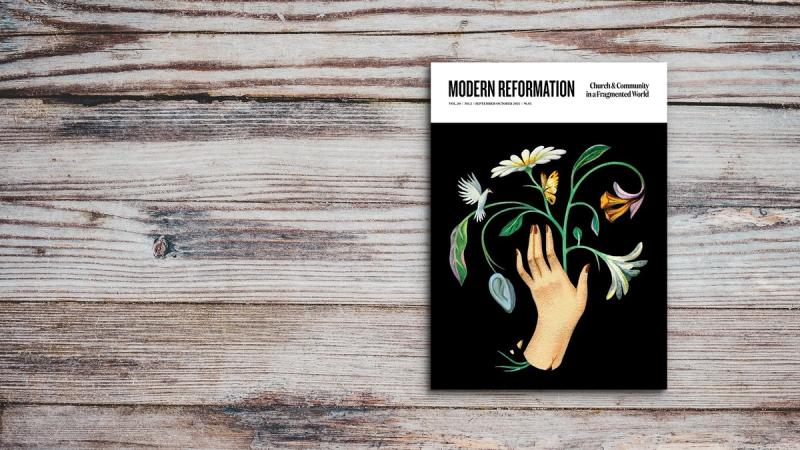In the aftermath of World War I, and during the 1918–19 Spanish flu pandemic, William Butler Yeats wrote the now nearly ubiquitous line,
Things fall apart
the center cannot hold.
Borrowing imagery from Christian apocalyptic writings, Yeats’s poem “The Second Coming” conveys the sense of overwhelming disaster. Things are not just different. They are disintegrating. Of course, the world did not end in 1919. And yet, in each subsequent generation of twentieth century, artists have appropriated some portion of that poem, feeling that in their own time the center was not holding, that things were certainly falling apart. This experience of fragmentation seems to be an every-human experience. It certainly is our experience in these days.
At a time when our self-understanding of what it means to be human is being pulled asunder—fractured—we may well wonder how the pieces can be put back together. For this issue, I talked with Gregg Allison about his latest book, Embodied, which takes on the big questions related to humans and embodiment.
At a time when the isolating individualism of our modern world is wreaking havoc on community life, even our churches may seem more like a coincidental aggregation of individuals than a fellowship of saints. Michael Horton, however, reminds us that the preached word is an inherently socializing medium. Church community is not brought about by gimmicks or human manipulation. It is created by the Word and spoken by God’s ambassadors in the power of the Spirit.
At a time when Protestant evangelicalism—long beleaguered by what Alister McGrath calls cancer-like mutations and multiplications—is now finding ever more reasons for division, it may seem that evangelicalism has reached terminal stage IV. Yet, as Ann Henderson Hart encourages us in her classic article “In the Church: Finding Common Ground across Denominations,” we are to walk by faith and act in hope as we pursue the purity and peace of the church.
At such a time as this—fragmented, disjointed, cracked—we may feel despairing. But the gospel does not permit despair. In this fallen world, there is certainly much for us to lament. Yet because God is, tragedy for the Christian is not. Indeed, the center cannot give way. For the One in whom all things hold together is also the One who is immovably the same yesterday, today, and forever—the same One in whom God from eternity planned to unite all things in heaven and on earth.
And so, we hope and pray that as you read through this issue, you will be reminded that the Christian faith is precisely for such a time as this.
Joshua Schendel executive editor








